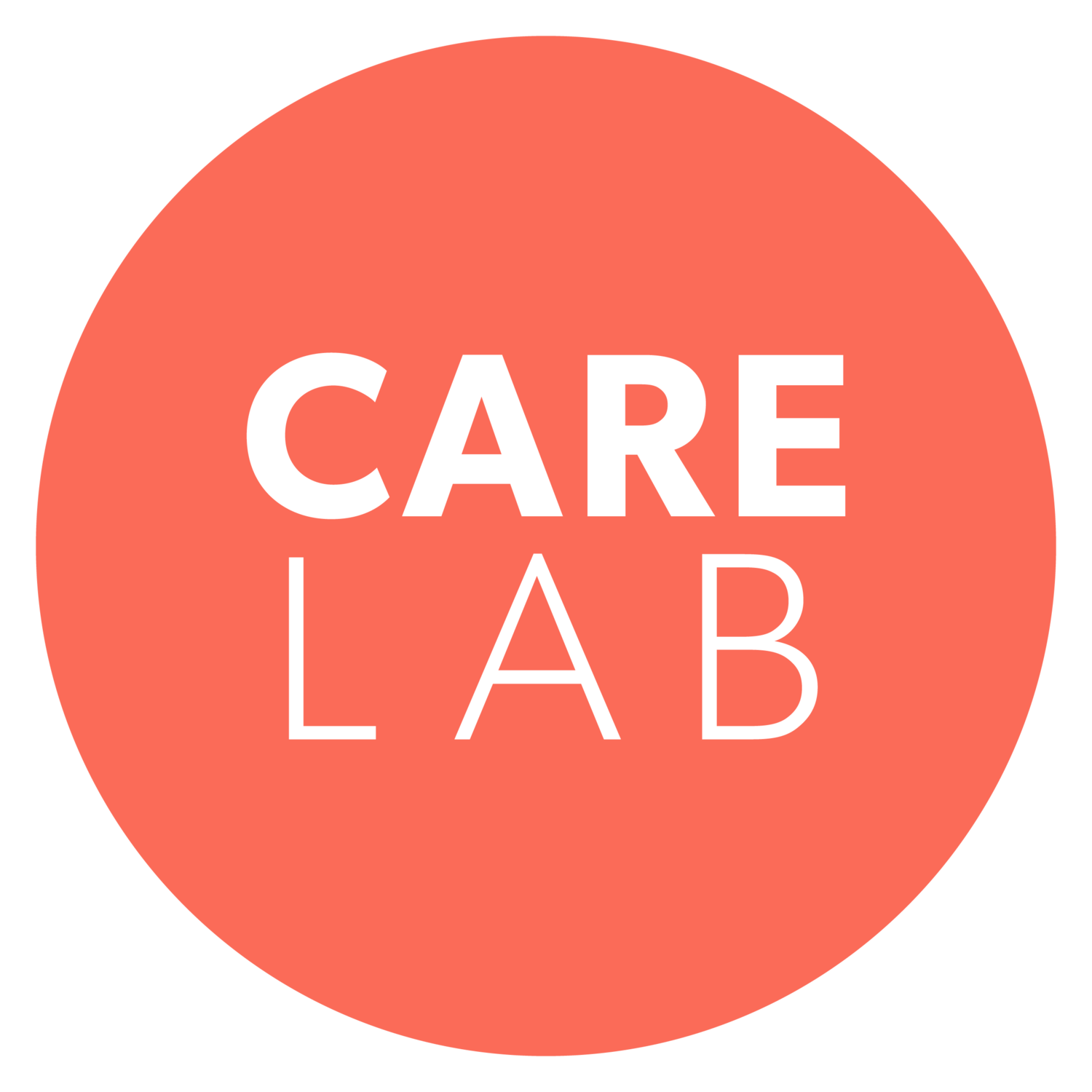Seeking Good Conflict
Last week, CARE LAB launched our second cohort of Three Dinners participants. When we piloted this series with a bipartisan group of some of the most influential senior congressional staff last fall, it was an experiment. We did not yet know whether these leaders would be able to carve out space in their incredibly hectic calendars, feel comfortable with the material, or even want to sit down together. But the series was successful and popular, and when it was over, our Three Dinners “alumni” rolled up their sleeves and got to work helping us plan and recruit for a new round of participants.
Care Lab’s goal is to reach half of Senate offices by summer 2023. With support from our partners at the Fetzer Institute and Christopher Reynolds Foundation, we plan to run three more rounds of Three Dinners by summer 2023.
When we were preparing to grow this program, we knew that trust-building would be essential to pulling it off. Over the past several months, a core group of our first Three Dinners alums - three Democrats and three Republicans - strategized closely with us, sent emails, and made phone calls to their peers.
As a result, our second cohort is no less remarkable than their counterparts in the pilot. A bi-partisan group of 13 participants, they hail from Senate offices representing the southwest, west, northeast, south, and midwest. While their bosses and constituents may be sharply divided along political and ideological lines, they come together with many shared challenges and daily struggles, and these commonalities help set the stage for more challenging conversations that will continue throughout the series.
During the first dinner, participants heard from Amanda Ripley, the celebrated author of High Conflict: Why we get trapped and how we get out. Amanda’s research examines “high conflicts” - those toxic, escalating battles in which both parties are continually injured - in settings from marriages to hyper-local politics, the civil war in Colombia, and gang conflict in Chicago. While she’s witnessed patterns that inevitably lead to violence, she’s also learned some remarkably clear paths to getting toward constructive “good conflict.”
After Amanda’s presentation, our guests paired off - most in bipartisan dyads - to practice skills including looping, questioning one’s own intuitive response, and avoiding actions that will humiliate the other party.
The next day, we heard that participants appreciated the opportunity to engage with colleagues that they might not usually cross paths with, and that they have already begun to recruit others for next time. One wrote that the dinners are fun, but more importantly “these are real life skills I’d like to have.”
Upon hearing an update on the new cohort, a pilot alum told us: “this makes the Senate a better place.” Those are big words to live up to, but as we continue forward with our “Care Lab 201” programming and localized in-state/district work, that’s what we strove toward.
- Sarah + Justine
